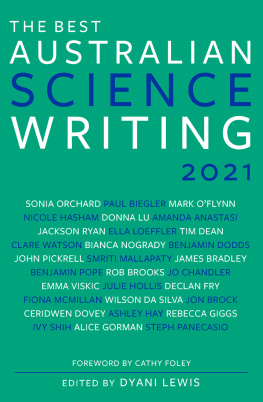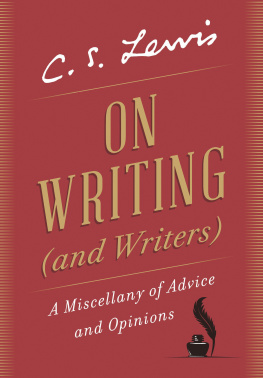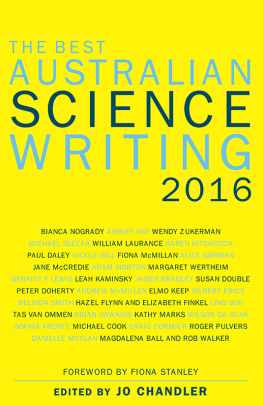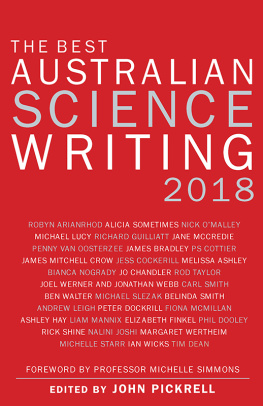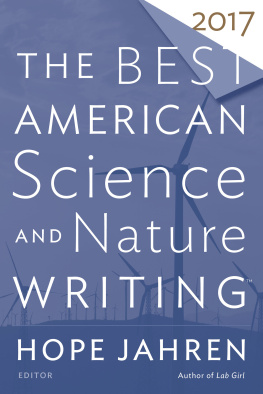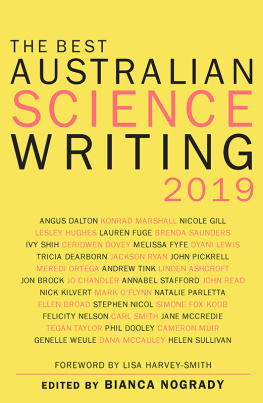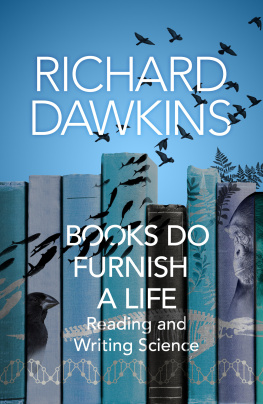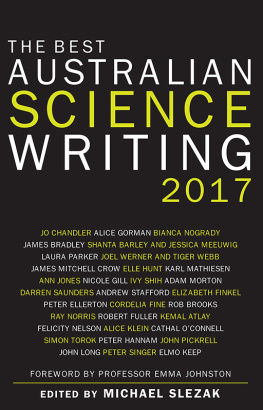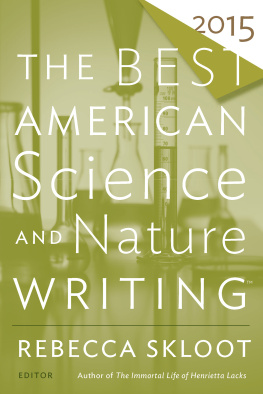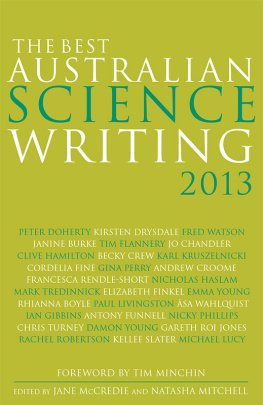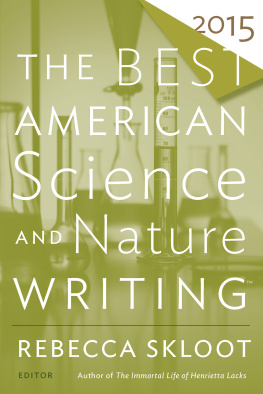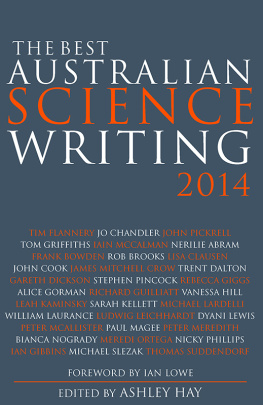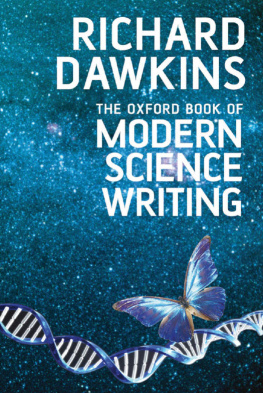Contents
Page List
Guide

A NewSouth book
Published by
NewSouth Publishing
University of New South Wales Press Ltd
University of New South Wales
Sydney NSW 2052
AUSTRALIA
newsouthpublishing.com
Introduction Dyani Lewis 2021
First published 2021
This book is copyright. While copyright of the work as a whole is vested in University of New South Wales Press Ltd, copyright of individual chapters is retained by the chapter authors. Apart from any fair dealing for the purpose of private study, research, criticism or review, as permitted under the Copyright Act, no part of this book may be reproduced by any process without written permission. Inquiries should be addressed to the publisher.
 | A catalogue record for this
book is available from the
National Library of Australia |
| ISBN | 9781742237374 (paperback) |
| 9781742238272 (ebook) |
| 9781742239163 (ePDF) |
All reasonable efforts were taken to obtain permission to use copyright material reproduced in this book, but in some cases copyright could not be traced. The editor welcomes information in this regard.

CONTENTS
Cathy Foley
Dyani Lewis
Sonia Orchard
Paul Biegler
Mark OFlynn
Nicole Hasham
Donna Lu
Amanda Anastasi
Jackson Ryan
Ella Loeffler
Tim Dean
Clare Watson
Bianca Nogrady
Benjamin Dodds
John Pickrell
Smriti Mallapaty
James Bradley
Benjamin Pope
Rob Brooks
Jo Chandler
Emma Viskic
Julie Hollis
Declan Fry
Fiona McMillan
Wilson da Silva
Jon Brock
Ceridwen Dovey
Ashley Hay
Rebecca Giggs
Ivy Shih
Alice Gorman
Steph Panecasio
The UNSW Press Bragg Prize for
Science Writing 2021 Shortlist
The UNSW Press Bragg Student Prize for
Science Writing 2020 Winner:
Cultured meat: The future of food?
Elena Canty
FOREWORD
Cathy Foley
Physicist and Australias Chief Scientist
If youre picking up this collection, I suspect its not because you are trying to find out more about the link between getting a tick bite and developing a meat allergy, or the wild world of venoms; the health of the Great Barrier Reef, or the trajectory of the Hayabusa2 asteroid explorer. You will learn about these and other topics of scientific attention as you read the articles collected in this volume, but youre probably here because science is just plain fun to read.
This is the joy of reading science, that it is fascinating. Equally, one of the great values of the best science writing is it inspires a sense of wonder in the reader and an urge to discover more. Of course, this isnt the only job of science writers. Elucidating complex ideas so they become accessible is important. Communicating the facts in itself is important, as is helping to hold science to account through the spotlight. But equally or perhaps more important, in my view, is that inspirational role, setting out the questions and then providing sufficient context so the reader becomes a colluder in the task of trying to understand how the world works. Science teaching has the same task: To stoke the imagination of young people and so inspire them to find new questions and let their versatile minds go to work on new solutions.
As I dipped in and out of this collection, I found articles that made me stop and think and, for all my 30-plus years immersed in the world of science, told me things I had never heard, and inspired me to wonder. Who knew, for example, that the pitch of whale sound has shifted down several tones in some species? And who can answer why? The article published in this volume discusses possible causes, from sonic pollution, to changing ocean acidity, changing population densities, or the need to be heard over the sound of cracking sea ice, each of these an intriguing solution. The causes for the change in pitch is such a fascinating and awe-inspiring question that I find myself wishing it was my area of research so I could get involved in the search for an answer. As a materials scientist where the focus is on ever-shorter frequencies, I enjoy the idea that the wavelength of the fin whales call can be longer than the body of the whale itself.
Science writing is defined broadly here, with a range of topics and a diversity of styles, even to the form of poetry. Poetry turns out to be an unexpectedly elegant way to tell the story of the scientific studies of Einsteins brain since he died in 1955. His brain was preserved and has been the subject of several investigations since, mainly focused on weighing and counting and measuring different parts and features. The poet invites us to consider how effectively these studies of the physical brain meet the first hurdle of science: Matching the right question to the right experiment. Is sectioning a brain into 240 pieces and taking measurements the best way to discover the source of scientific brilliance? In particular, the source of Einsteins brilliance. As the poem neatly puts it: They counted the neurons, glia, sulci, gyri only to find (inconclusively) there were lots.
The irony of all of this measuring is that Einstein was a great exponent of the thought experiment, and his greatest achievement was one of imagination. The audacity of his theory and the astonishing reality that his predictions turned out to be correct is what makes Einstein so inspiring for scientists and readers of science alike.
It is a pleasure, especially in an age of cursory communication, to read a volume where authors have the space and creative freedom to explore an idea, and where the ideas retain their currency with the passage of time since publication. It has, after all, been a period of immense and head-spinning change. As a scientist committed to upholding and promoting excellence in all endeavour, it is heartening to see this focus on excellence in science communication. As a scientist comments in one of the articles published here, in reference to attempts to understand the origins of SARS-CoV2, We have got to maintain our standards While I understand theres a rush to get this information out, it doesnt do anybody any good if its garbage. Agreed.
I wasnt a big reader as a child but my relationship with the written word has changed over the years, and for some years now I have been Editor-in-Chief of a journal of superconductor science. I love the task of helping researchers frame their work in ways that can be understood and useful to their colleagues in science, and in a context that goes beyond simply recording the experiment or the research and the results. Just like science writers, researchers must always ask: Why does this matter? Where do my findings fit into a broader scientific narrative? The best research tells a story, and in doing so inspires others to build on their work.
I also enjoy reading books such as this, a compendium of good science writing. As Australias Chief Scientist, I can sometimes find myself bogged down in the detail of my day-to-day work; these kinds of books lift my sights to the horizon and remind me about the importance of the work that scientists and researchers do, and the almost incomprehensible mysteries and wonders yet to be discovered. They lift our sights from our feet to the horizon and that is inspiring.

